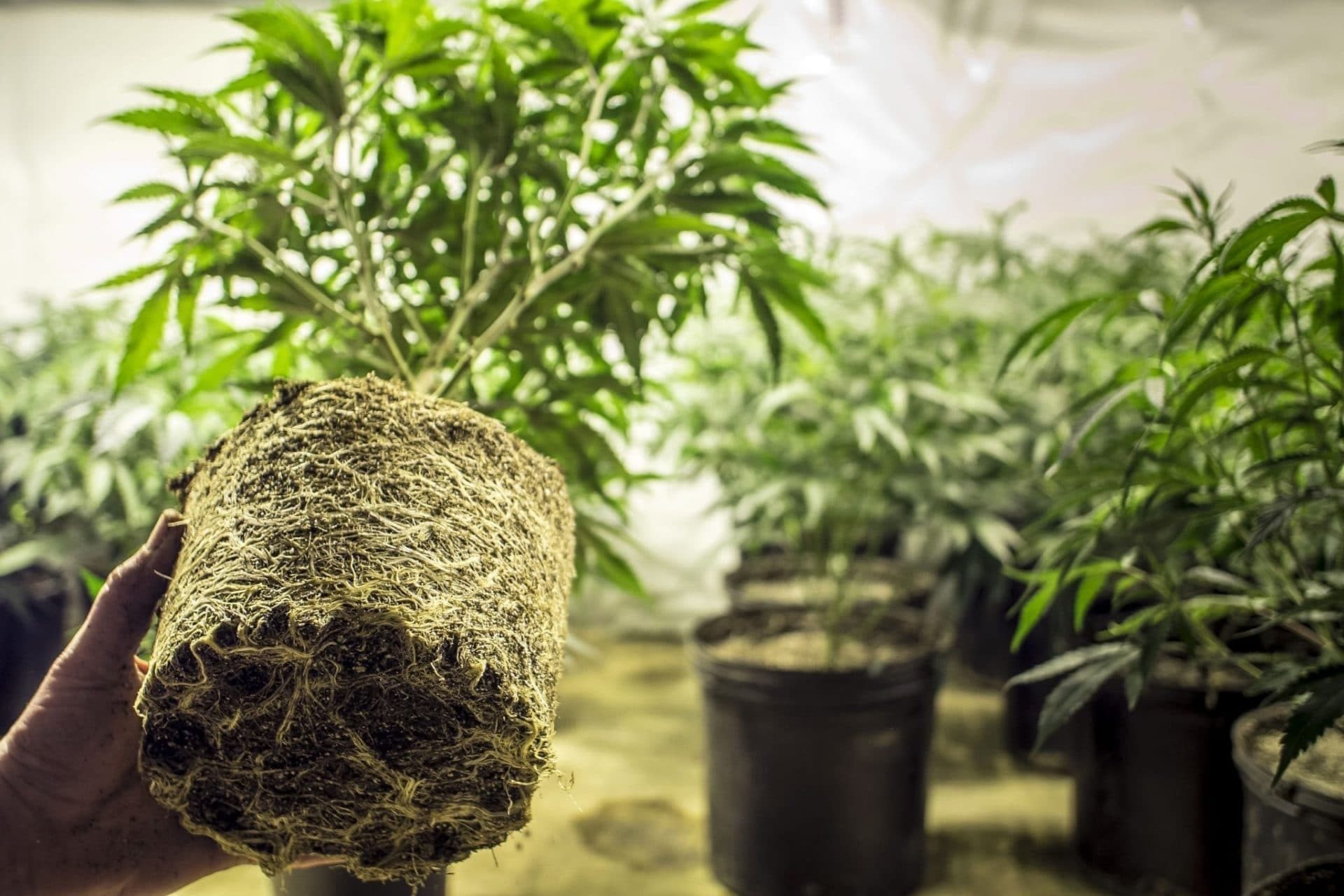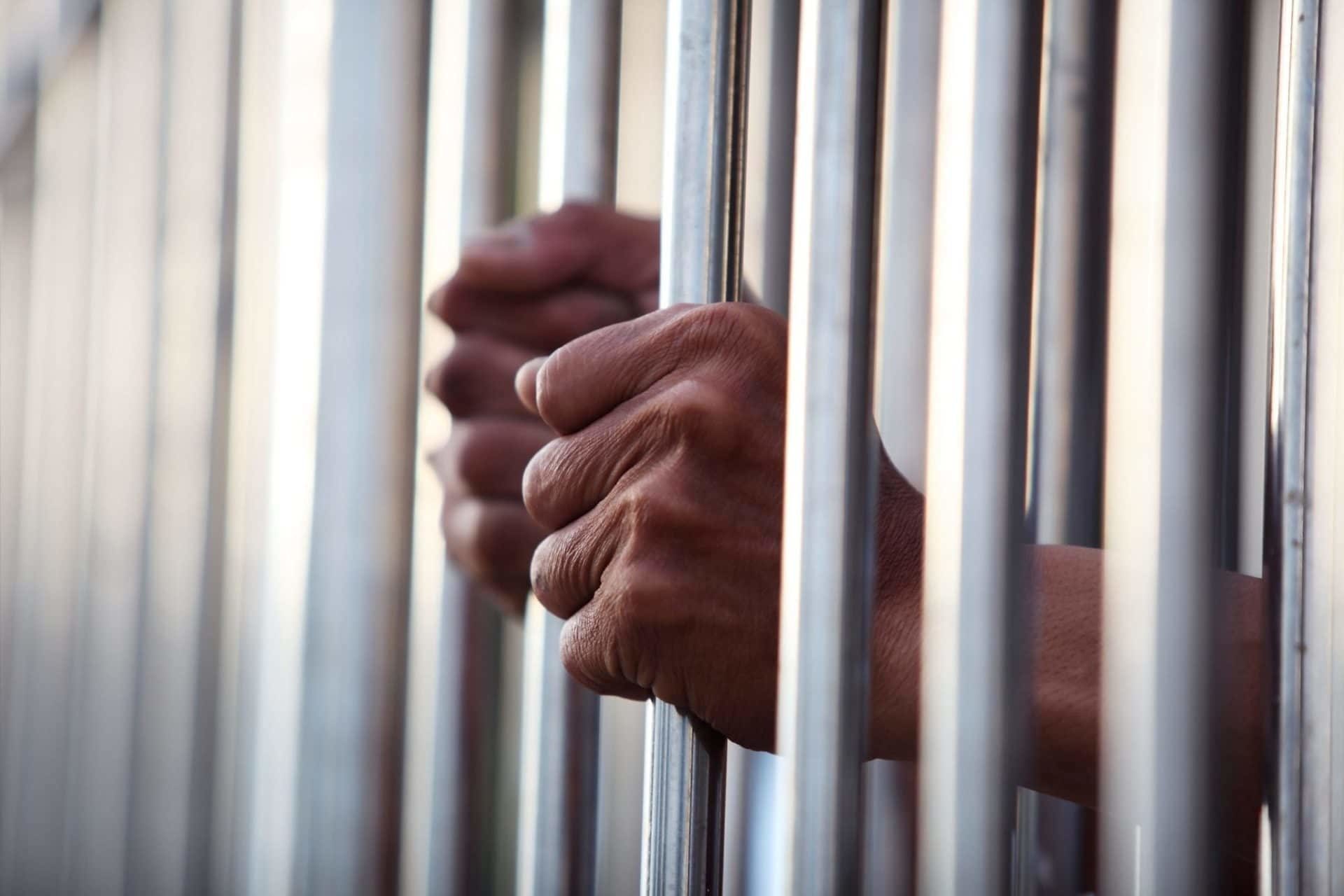Feds Arrest 13 Alleged Drug Traffickers in Chicago
Recently thirteen people were arrested on drug trafficking charges in the Chicago area. Federal agents conducted a two-year investigation on Chicago’s Northwest side and in western suburbs and discovered an operation that distributed fentanyl, heroin, and cocaine. Many transactions allegedly occurred, including one at an Aurora gas station.
Arrests like these are becoming more common as the federal government cracks down on drug trafficking. Federal, state, and local agencies are acting in cooperation to put a stop to drug trafficking activity. Here’s what you need to know about federal drug trafficking laws.
Understanding Federal Drug Trafficking Laws
Drug trafficking is a felony, and a far more serious charge as compared to drug possession. Drug trafficking laws punish the manufacture, sale, transportation, and distribution of controlled substances. The drugs most frequently trafficked in the United States include cocaine, methamphetamine, marijuana, heroin, and oxycodone. Drug trafficking charges may also apply for the illegal sale and distribution of prescription drugs like opiates and sleeping pills.
Drug trafficking applies to controlled substances as defined by federal law. Drugs are classified according to different “schedules,” or rates of potential for abuse. Other factors include whether the drug has medical value and whether it will create physical or psychological dependency. Many illegal drugs and some over-the-counter drugs, such as cough medicine with codeine, are included in the listing.
Even though many people use the terms “drug trafficking” and “drug dealing” interchangeably, in the eyes of the law they aren’t necessarily the same. A drug trafficking charge has more to do with the amount of the drug being distributed than the geographic spread of the drug.
The amount of the drug in question determines whether possession or trafficking charges apply. If you are found with a certain amount of an illegal substance, and the amount exceeds the legal limit, you can be charged with drug trafficking. A qualified attorney will know how the guidelines apply in your particular case.

The manufacturing process of the drug comes into play in a drug trafficking charge as well. If a defendant was involved in the cultivation of plants, seeds, or other naturally occurring elements used to make illegal controlled substances, the charges may apply. This is also true if a defendant used chemical processes or laboratory processes in the manufacture of the illegal substance.
Intent also matters in a drug trafficking charge. The prosecutor must be able to prove that you both possessed a quantity of illegal drugs over the federal limit and that your possession had intent. You can be found guilty of drug trafficking if you had control over the drug’s location or you had the drugs in your personal possession. You cannot be convicted of drug possession or trafficking if you rented a vehicle in which drugs were hidden. The intent is what makes the charges possible.
Penalties for a Drug Trafficking Conviction
In general, federal law covers drug trafficking, while state law covers drug possession – though this is not always the case. It is possible to face federal possession charges and state trafficking charges. Federal punishments are also harsher than state laws, involving longer sentences.
Regardless, if you are convicted of a drug trafficking charge, you are likely to face long prison sentences. According this government report, the average sentence length for all drug traffickers is 72 months, and over 96% of drug trafficking offenders are sentenced to prison.
Even though nearly half of drug traffickers had no prior criminal history, they still had to serve long sentences. Depending on the severity of the charges, a life sentence may apply.
Mandatory minimum sentencing is common. You cannot be released on parole until the minimum time in prison has been served. A 10-year sentence, for example, may require a minimum of three years of prison time before parole.
Considerable fines are also attached to drug trafficking charges. State fines typically start at $25,000 and can exceed $100,000. Federal fines can exceed $10 million.
In some cases probation may be possible, but usually this only applies in a plea bargain. Stipulations attached to probation may include no more criminal activity, random drug tests, staying in the state unless permission is granted, and monitoring by a probation officer. Probation sentences are assigned for a minimum of one year and may last three years or longer.

It’s possible to receive reduced sentencing by offering assistance and information in the prosecution of other drug traffickers. You will need the expertise of a qualified attorney who has worked with cases like yours. Contact an experienced Chicago criminal attorney today for a free consultation where you can discuss the particulars of your case and the process in general.







 Blog Home
Blog Home 










